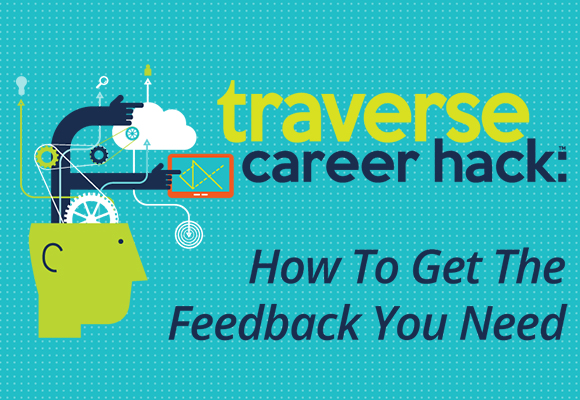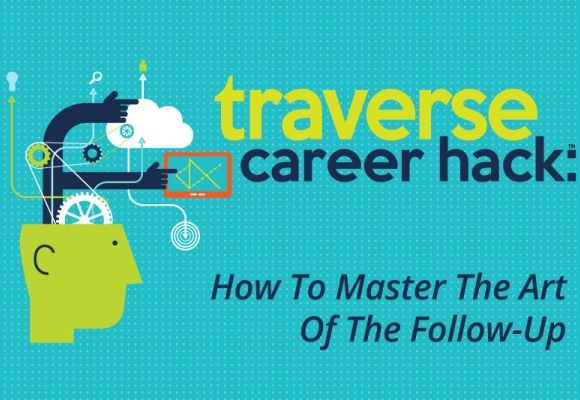- Written by Ellen Barker Dunagan
- Published:

Asking for feedback is hard. For one thing, you may not want to hear what someone else has to say about you and your work. For another, you might think you are doing a great job — so why even bother?
Whether the feedback is positive or negative, you shouldn’t wait until your annual evaluation to find out.
Instead of: Acting impulsively out of desperation or, worse, feeling all is lost…
Try: Bouncing back! Here’s how to begin:
Decide who the right person is. Perhaps it’s your boss. Perhaps it’s a teammate. Maybe it’s a client. The people who work with you directly and experience your work product, your soft skills, and even what it’s like to work with you have the very best information.
Make it timely. Asking for feedback in the moment is a lot better than letting time pass, since life moves quickly and memories fade. If you just finished an assignment, or your team just reached an important deadline with you at the helm, or you just gave a presentation to members of your organization — now’s the time to collect feedback.
Give them leeway. A good opener is, “I would love your feedback.” Keeping your question (or invitation for feedback) open-ended will provide far more data than asking, “How did I do on this assignment when it comes to my presentation skills?” You can always dig in with more detailed questions as you gather your key intel.
Do something with it. Once you get the feedback, decide what you need to do next. For example, if your manager indicates that you ought to micro-manage less, decide how you will improve. And make sure you do it. Circle back to let the person know you’ve done this, and show you took the feedback seriously.
Being let go from your employer involves complex layers of emotions, ranging from confusion to flat-out fear. Know that these feelings are normal, that you have endless resources available, and that you now have the chance to revisit your career goals. This knowledge will give you the confidence to move forward, and even look forward to this next phase of your career! – Ellen



